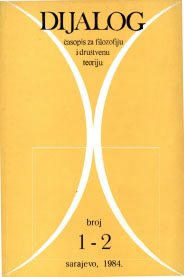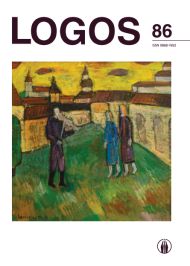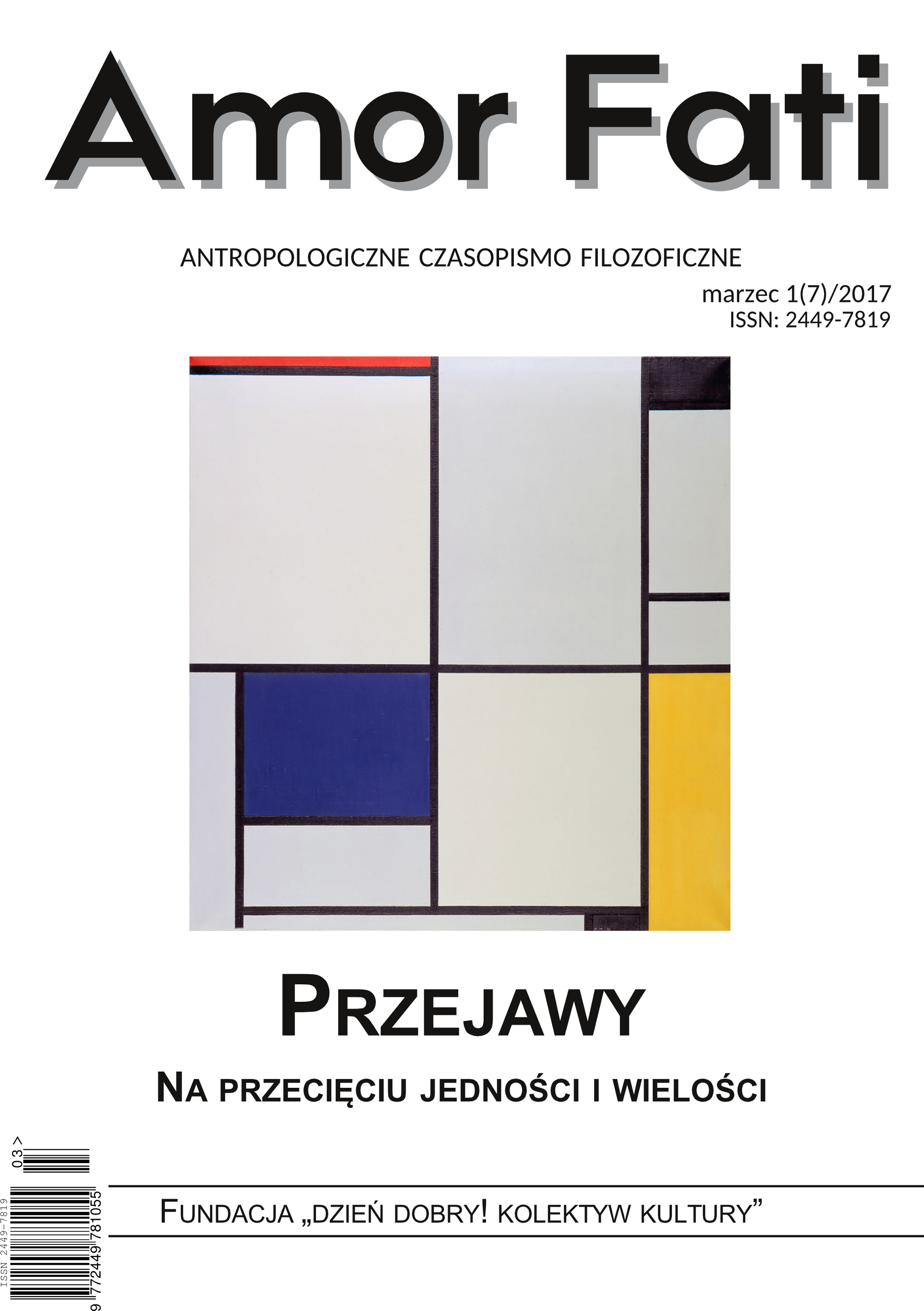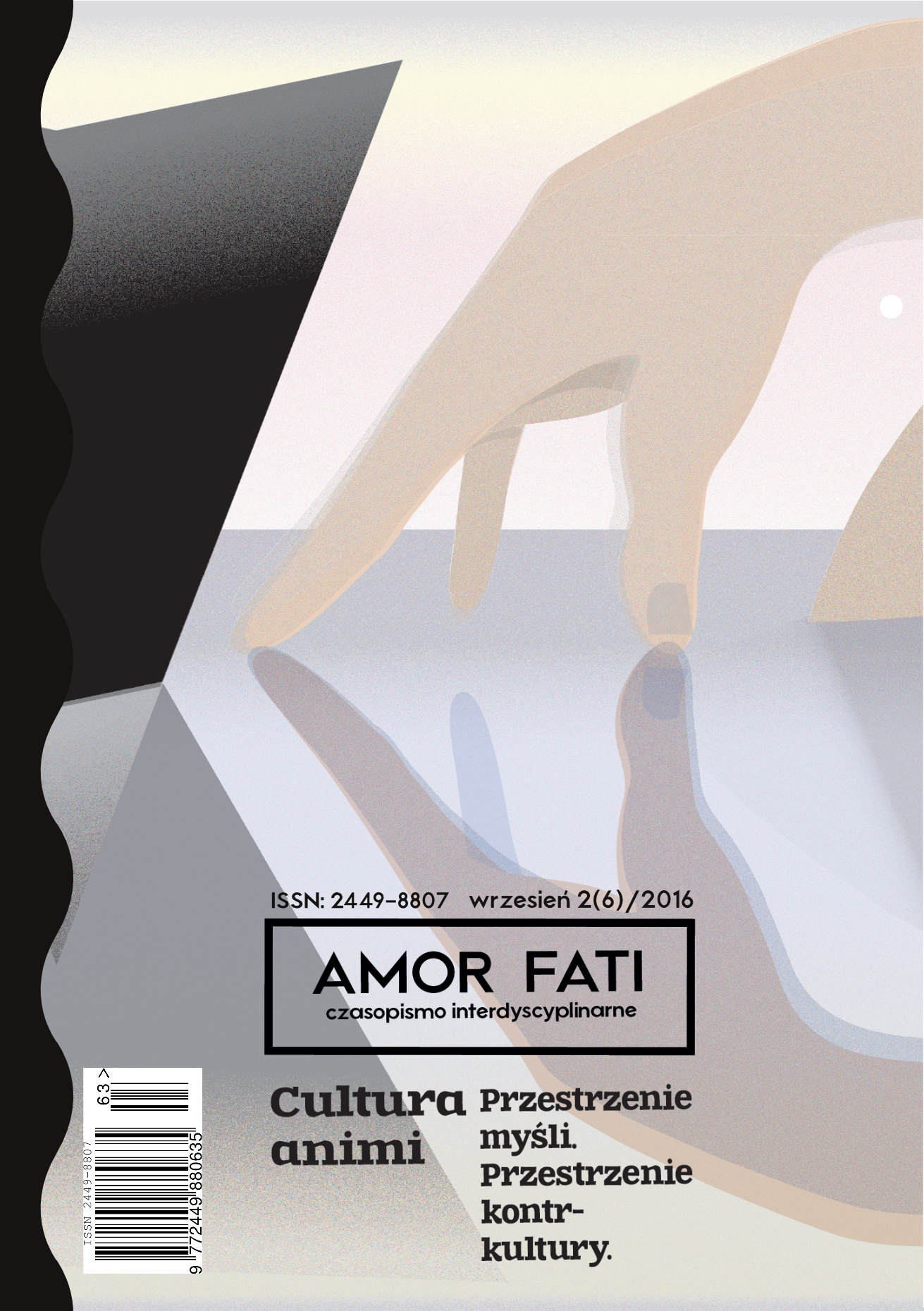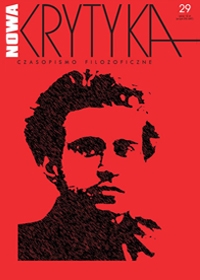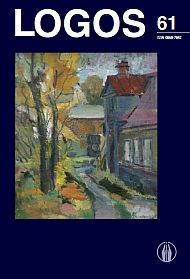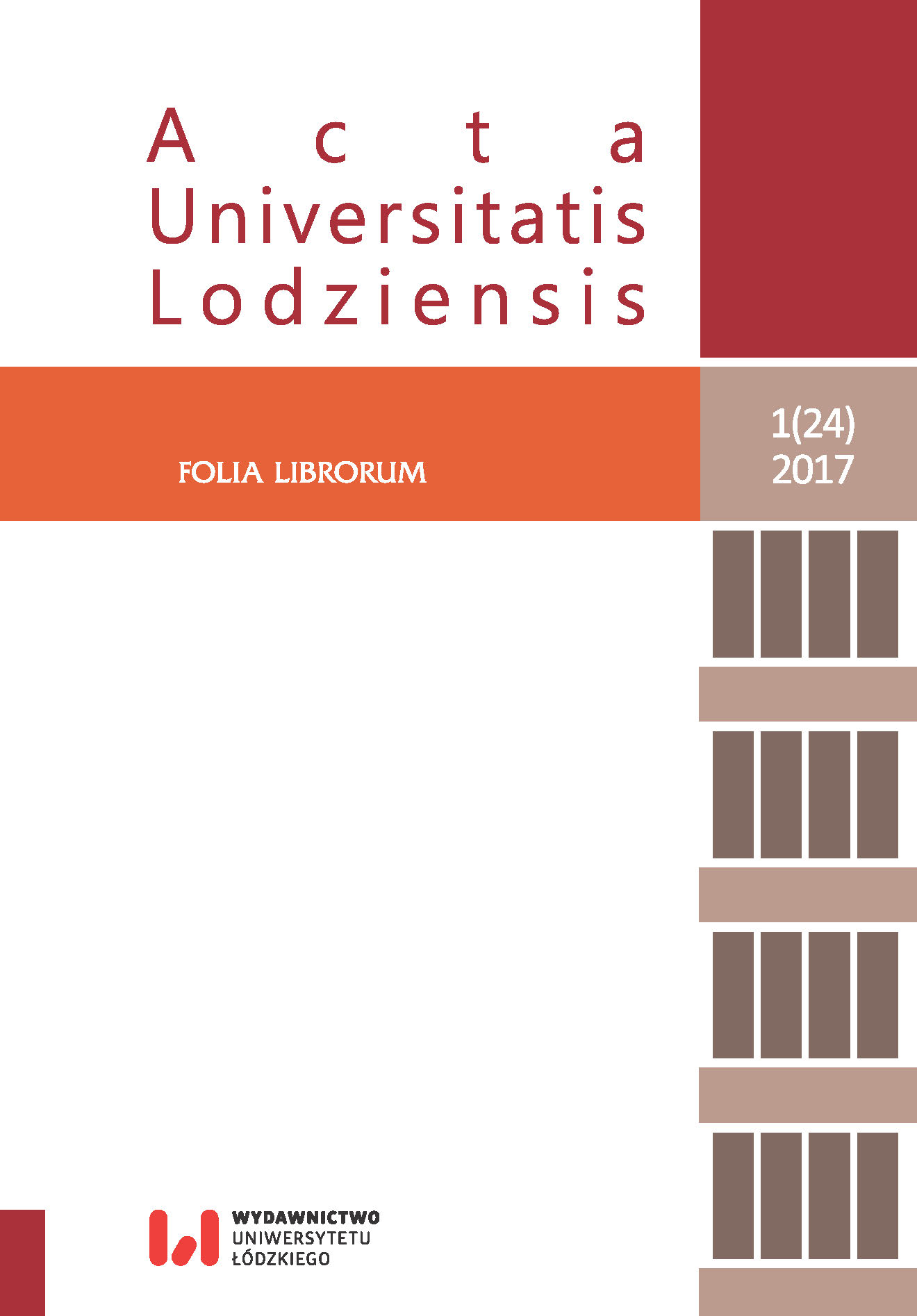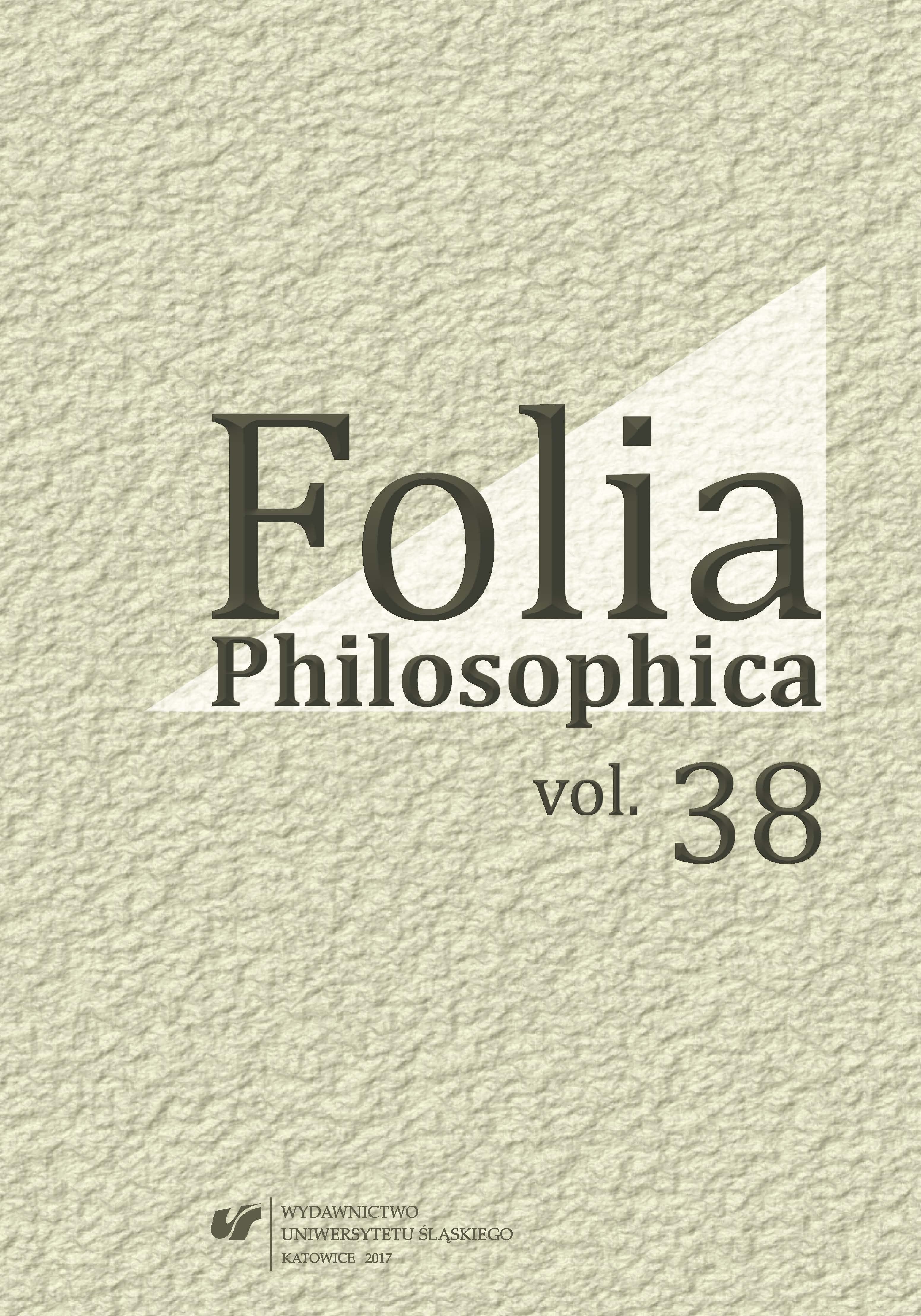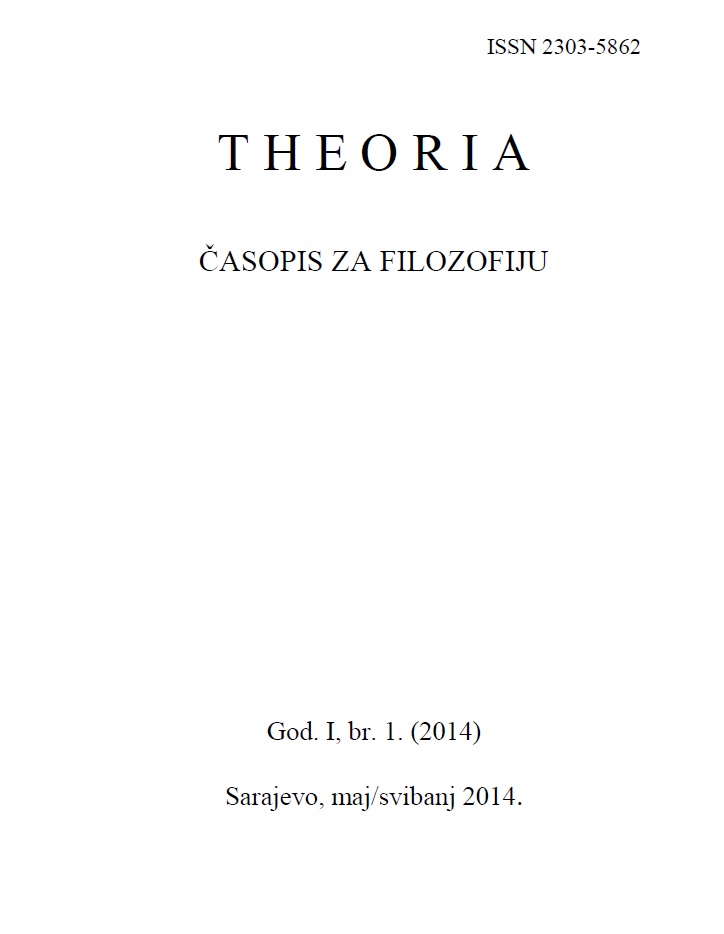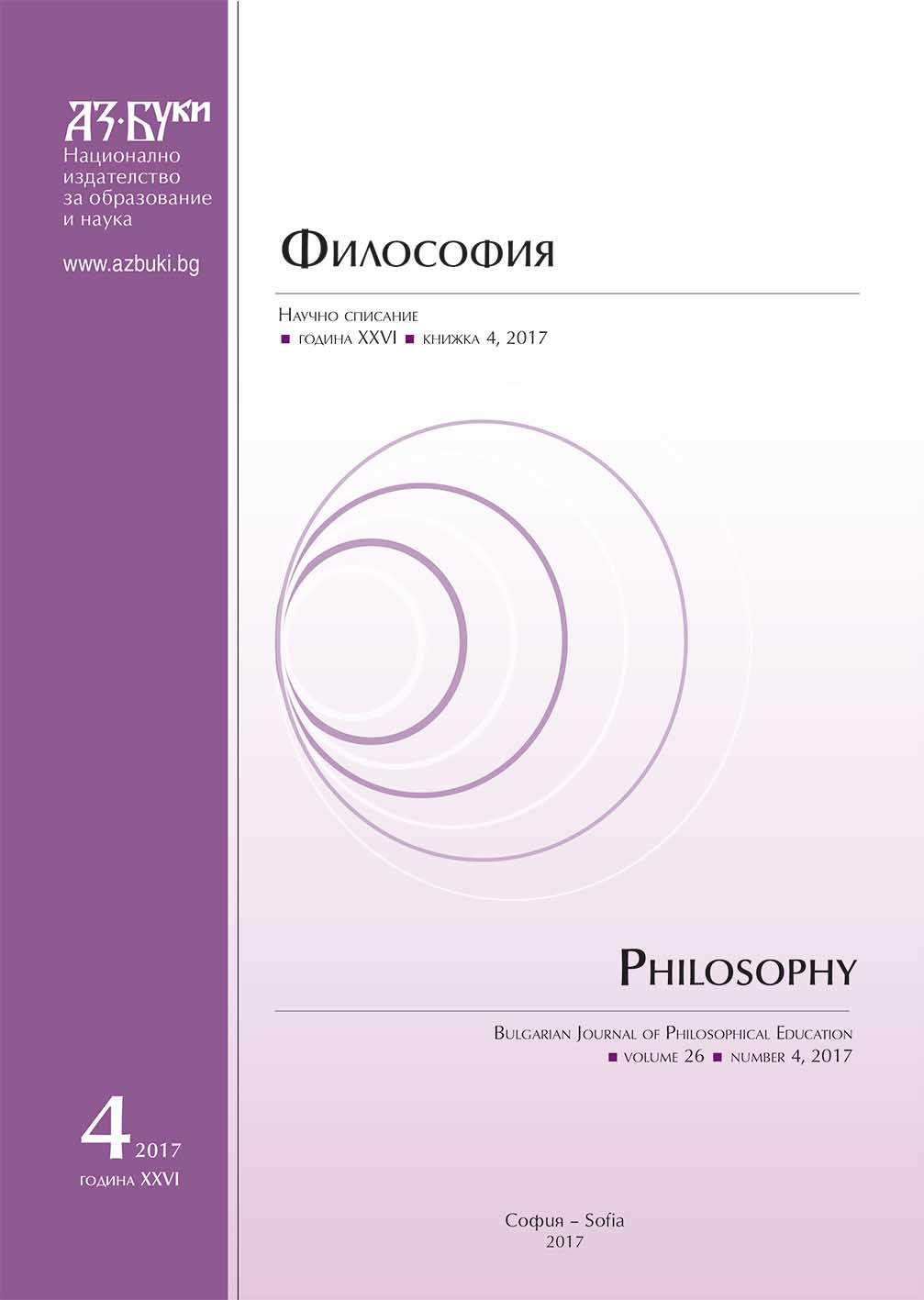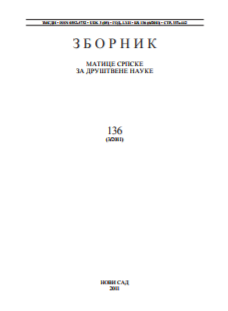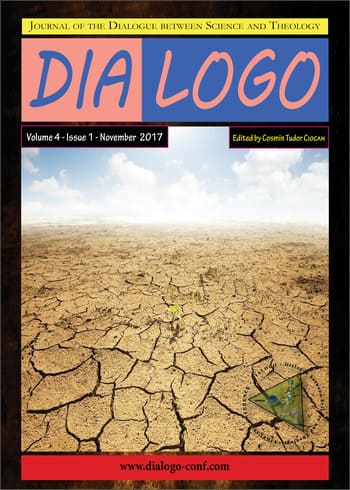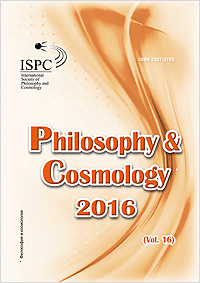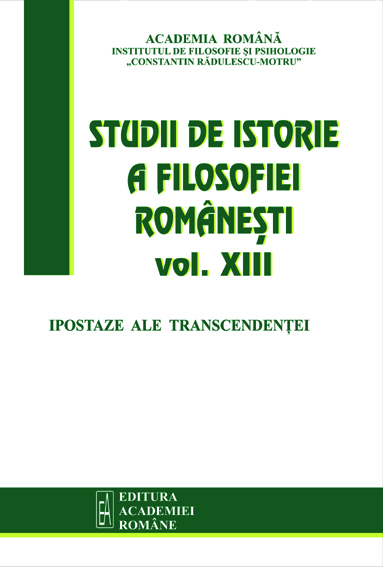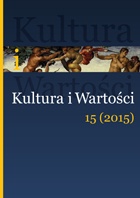
Między Oświeceniem a scholastyką. Wybrane problemy recepcji filozofii Kanta w polskiej filozofii na początku XIX wieku i perspektywy nowych badań
The aim of this article is to outline general characteristics of the conditions of the first reception (in the early decades of the 19th century) of the philosophy of Kant in Poland. Its direction and nature as well as suspension or end often depended on nonsubstantive (i.e. institutional, social, and political) factors. Under these conditions, positions on the philosophy of Kant became easily polarized between the ones based on groundless prejudices on the one hand and uncritical enthusiasm on the other. First (1) I characterize briefly the reasons why the 19th-century Polish reception of the philosophy of Kant can be regarded as a tension between „enlightenment” and „scholasticism”(although those terms do not necessarily have to mean here what historians of philosophy refer to with their help). Then, (2) I provide a brief presentation of the specificity of the first reception of the philosophy of Kant and the representatives of the main opposing positions (Szaniawski, Wigura, Śniadecki). Finally (3) I outline some possible directions for further research into the first stage of the reception of the philosophy of Kant in Poland and present examples of new discoveries.
More...
